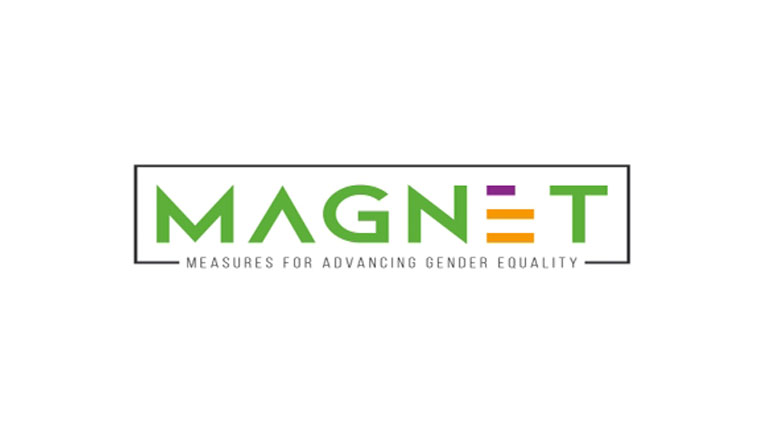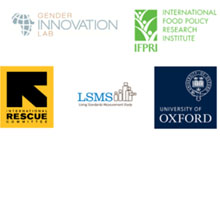Good gender data is essential for tracking our progress toward gender equality. But how do we collect this data in a reliable way?
Despite remarkable progress, the best ways to measure many dimensions of women’s empowerment remain understudied. For example, existing measures of women’s agency are frequently validated in only one context or with specific populations (e.g., in higher-income settings) and lack best practices for survey implementation. This makes it difficult to measure agency precisely across diverse countries and contexts where this data is urgently needed. In addition, commonly used measures—such as ones that can easily be embedded in large-scale country surveys—do not fully capture the multi-faceted nature of women’s agency.
The Measures for Advancing Gender Equality (MAGNET) initiative aims to (i) broaden and deepen the measurement of women’s agency, based on the development of new tools and rigorous testing and comparison of both new and existing methods for measuring agency, and (ii) promote the adoption of these measures at scale. By increasing the availability of innovative and meaningful measures of agency for a broad range of settings, this work strives to improve our collective understanding of what women’s agency is, how it manifests and how it can best be measured across contexts.
The survey tools developed as part of MAGNET focus on three dimensions of women’s agency that have a high potential for catalyzing progress on women’s economic empowerment, but for which the body of existing measurement methods is weak or under-tested: women’s control over assets, goal setting and decision making, and sense of control and efficacy. These three dimensions of women’s empowerment are known both for the challenges posed by their measurement and for their centrality in the policy debate on gender equality.
RESOURCE CENTERVisit the MAGNET resource center to browse our newly developed survey tools. Tool pages contain background on the importance of each tool, a sample of the tool, information about the contexts in which the tool was tested, as well as a link to Dataverse where the full tool, with implementation guidelines, can be downloaded. For some tools, users can also download CAPI files as well as a statistical annex, which includes in-depth information about tool validation. |
RESEARCH PARTNERS
MAGNET is a collaboration between the World Bank’s Africa Gender Innovation Lab (GIL) and Living Standards Measurement Study (LSMS) teams, the International Food Policy Research Institute (IFPRI), the International Rescue Committee (IRC), and researchers at Oxford University, Makerere University, the Asian Development Bank, The Brookings Institution, Tufts University, and University of Alicante.
RELATED PUBLICATIONS
Policy Briefs
- Measuring Women’s Control Over Assets
- Measuring Women’s Goal Setting and Decision-Making
- Measuring Women’s Sense of Control and Efficacy
- Measuring Women’s Agency
- Measuring Time Use in Developing Country Agriculture: Evidence from Bangladesh and Uganda
- Measuring Ownership, Control, and Use of Assets
- Taking power: Women’s empowerment and household Well-being in Sub-Saharan Africa
- Sharing Responsibility through Joint Decision Making and Implications for Intimate-Partner Violence: Evidence from 12 Sub-Saharan African Countries
- Sharing Responsibility through Joint Decision Making and Implications for Intimate-Partner Violence: Evidence from 12 Sub-Saharan African Countries
- Multidimensionality of Landownership among Men and Women in Sub-Saharan Africa
Working Papers
- When Does Decision-Making Reflect Agency? Evidence from the Rural Philippines
- Recording the Time Divide: A Comparative Study of Smartphone- and Recall-Based Approaches to Time Use Measurement

